Work packages and activities
1. Diagnosis of local barriers and enablers to healthcare improvement
Aim: To explore and identify local barriers and enablers for the implementation of the intervention.
Activities:
- Stakeholder mapping
- Review and policy analysis
- Focus groups and interviews
- Ethnographic observations
Status: In progress
2. Co-development of intervention strategies with stakeholders
Aim: To co-develop the intervention’s components and contents through workshops with stakeholders.
Activities:
- Workshops with patients
- Workshops with community health workers
- Workshops to refine the intervention components
Status: In progress
3. Pilot Testing to evaluate the feasibility and acceptability of the programme
Aim: To evaluate the usability, acceptability, feasibility and fidelity of the intervention and procedures.
Setting and participants:
- 4 primary healthcare centers in Peru and Argentina (8 in total)
- 16 patients per country (32 in total)
Measures:
- Baseline
- 3-month follow-up
4. Cluster Randomized Controlled Trials to assess the programme’s clinical and cost-effectiveness
Aim: To evaluate the effectiveness and cost-effectiveness of the intervention through a cluster randomized controlled trial (cRCT).
Setting and participants:
- 16 primary healthcare centers in Peru and Argentina (32 in total)
- 33 patients per health center, 582 per country (1056 in total)
Measures:
- Baseline
- 6-month follow-up
- 12-month follow-up
Additional studies: Qualitative evaluation and cost-effectiveness analysis
5. Capacity Building to train healthcare professionals and researchers in the region
Aim: To deliver a comprehensive capacity building program focusing on the management of chronic comorbid conditions in Peru and Argentina and the región.
Activities:
- Annual research workshops
- International webinars
- Research fellows
- Masters students



